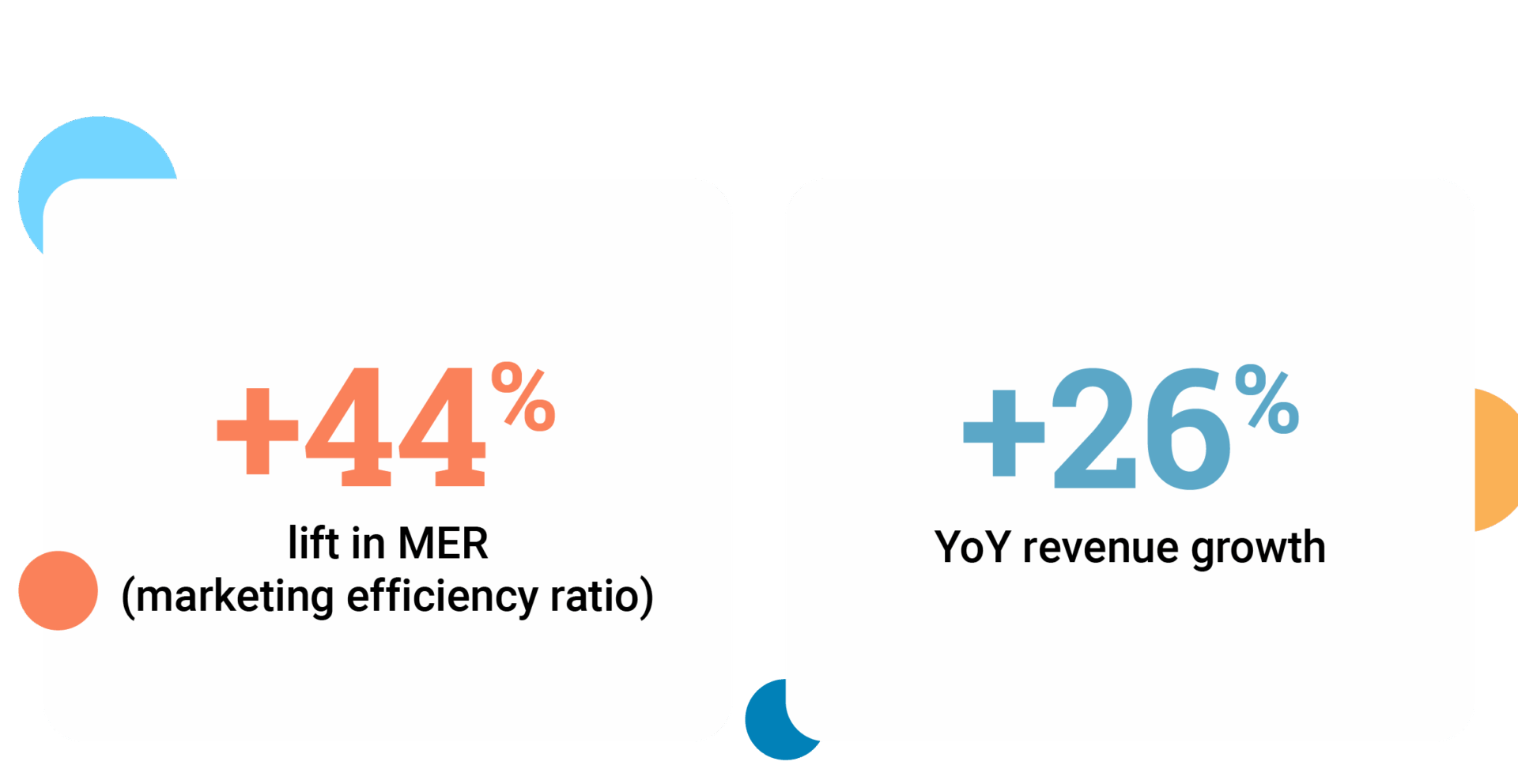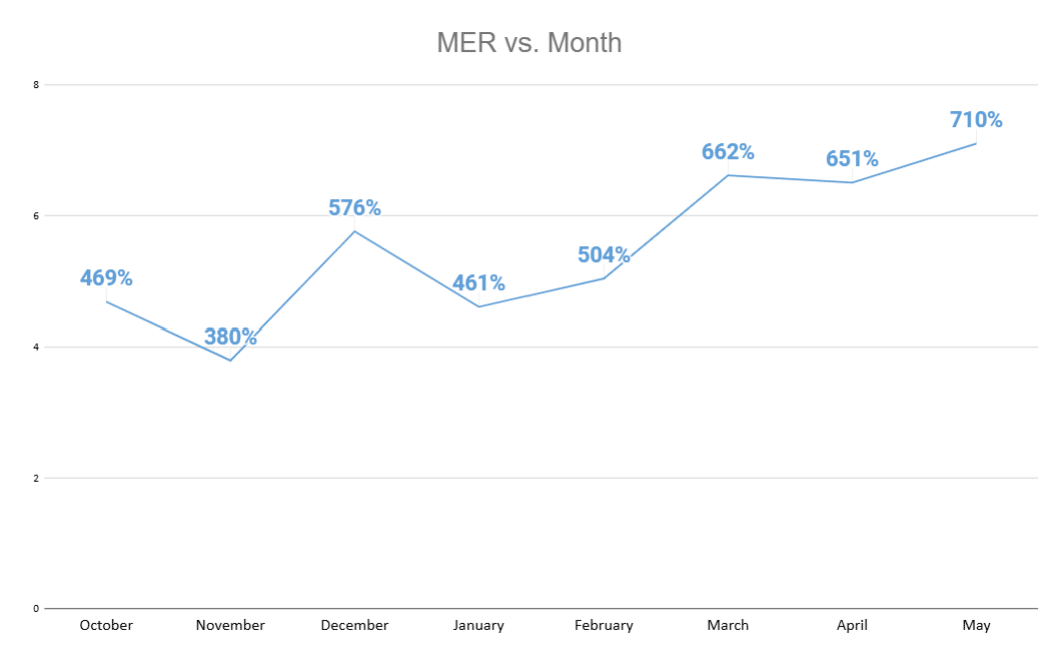
Breaking the Attribution Trap: A Revenue-First Strategy That Boosted MER by 41% in Just 3 Months
Propper has been a trusted name in tactical gear and apparel for over 58 years, supplying mission-critical equipment to the U.S. Armed Forces and civilians alike. In February 2025, Propper partnered with Granulart to scale its direct-to-consumer (D2C) channel with a more performance-driven, revenue-focused marketing strategy.

The Opportunity:
Despite a strong brand and quality product offering, Propper faced three core issues:
- Attribution was misleading. In-platform metrics didn’t reflect reality, leading to poor marketing mix decisions.
- Budget was inefficiently allocated. Spend was going to campaigns that looked good on paper, but didn’t deliver on incremental revenue.
- Incremental growth was being missed. Without clear channel performance insights and tactical execution, Propper couldn’t scale eCommerce sales effectively.
Simply put, the prior approach didn’t have the structure or measurement accuracy needed to grow profitably, especially across Paid Search and Paid Social.
Granular’s Solution:
We focused on a full-funnel reset: accurate measurement, intentional spend, and a structure built to drive incremental revenue.
Paid Search Overhaul
We prioritized control and intent over automation, which quickly improved efficiency.
- Paused broad match brand campaigns across Google and Bing to reduce spend on low-incrementality terms.
- Launched standard Shopping campaigns for greater control and more predictable performance on key products where we wanted market dominance.
- Reallocated budget to non-brand Shopping campaigns targeting high-intent users.
- Introduced manual CPC bidding on brand terms, cutting CPCs from $2.00 to $0.37 and reducing CPAs by over 500%!
Feed & Attribution Cleanup
We focused on cleaning-up the product feed and measurement setup to directly improve downstream performance and reporting accuracy.
- Audited Google Merchant Center and corrected foundational issues:
- Disabled automated promotions.
- Removed duplicate Content API feeds.
- Fixed missing SKUs, incorrect shipping labels, and tax settings.
- Disabled automated promotions.
- Improved product data quality by optimizing titles and descriptions.
- Implemented Enhanced Conversions and updated attribution settings to better track D2C performance.
Meta & Microsoft Ads Scaling
Testing incrementality and leaning into platform-specific tools helped us validate and scale more confidently.
- Ran a geo test on Meta to isolate and confirm incremental lift from paid social.
- Enabled Meta Advantage+ Creative using Dynamic Media and Adapt to Placement for better delivery across placements.
- Launched non-brand Microsoft Shopping Ads to reach high-intent users outside of Google’s ecosystem.
Cross-Channel Campaign Activation
Aligning promotions across channels and capturing offline touchpoints ensures a more complete and accurate performance picture.
- Executed coordinated promotions—tiered discounts and flash sales—across Google, Meta, and Microsoft to create urgency and increase conversions.
- Enabled Google Call Tracking to properly attribute high-value B2B and bulk orders.
The Results:
In just three months, the revenue-first strategy delivered clear and measurable wins:
- +41% Lift in MER – jumping from 504% in February (under the previous agency) to 710% in May.
- +26% YoY Revenue Growth – March through May saw significant year-over-year revenue gains while simultaneously improving efficiency.
Growth and profitability don’t have to be at odds. You just need the right measurement and execution framework.

Testimonial:
Thank you for sending this report! It is great to see that our changes in paid media have positively affected all channels. Looking forward to continued growth.
Thank you! We had a HUGE order yesterday, so definitely happy about that!
Olivia Smith, Digital Marketing Specialist & eCommerce, Propper
Questions?
If you have any questions or are interested in having Granular help grow your business, please use the button below to get in touch!
